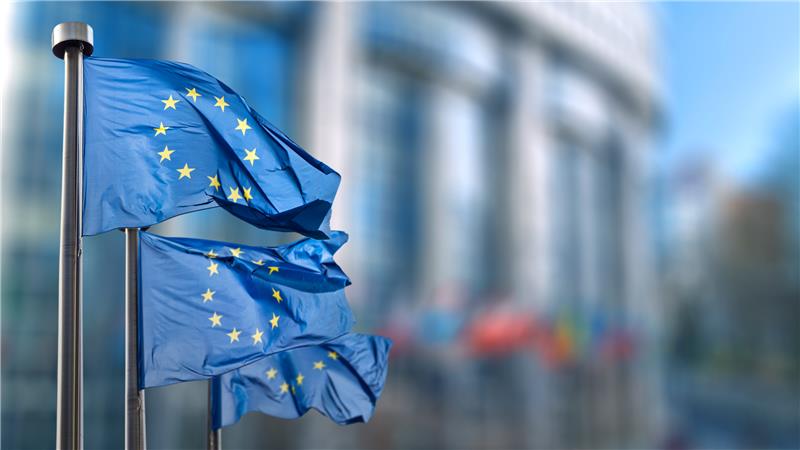
The EU is gearing up for its Enlargement Summit, and candidate countries are racing to digitize by implementing EU Digital Single Market strategy, reinforcing AI infrastructures, and using the Digital Europe Program to boost innovation and align with digital laws.
The regional push shows the growing importance of the Digital Single Market strategy EU, that links national reforms with standards.
Efforts ranging from data protection to AI are turning points in the digital transformation for EU membership, modernizing candidate nations while setting them up for tougher digital regulations.
EU Digital Single Market
Eastern European governments are changing how citizens access online services, joining the digital single market.
At the center of this change comes digital wallets, allowing citizens to verify their identity in a secure way, sign documents, and use public platforms as set out under the Digital Services Act.
Meanwhile, Moldova is developing its wallet through the We Build Consortium with support from the EU, adding digital document and e-signature tools to its national platform EVO. North Macedonia has almost finalized preparations for m.Uslugi, a “super app” that will allow citizens to track deadlines and access their government files.
In Albania, Prime Minister Edi Rama announced that state-owned Identitek will develop the national digital ID to enable people to turn their mobile devices into multifunctional wallets.
These initiatives reflect the goals of the European Union digital single market in terms of consistent online access to services and data security for citizens across all future EU member states.
Digital Single Market Directive
Adding to the digitization of services, cybersecurity is one of the key essentials of the digital single market directive. Candidate countries need to align with the EU’s NIS Directive, which regulates cyber protection across sectors such as health, energy, and finance.
Ukraine has taken a lead, signing an agreement in 2023 with ENISA, the EU’s cybersecurity agency, for strengthening defenses and training specialists. Moldova is joining the ENISA Cybersecurity Reserve, while Montenegro launched the Centre for Cybersecurity Capacity Building in partnership with France and Slovenia.
However, challenges remain.
Turkey’s cyber laws have saw criticism for allowing state surveillance, while Serbia has continued to develop its cybercrime policy with the support of the EU. This is part of wider reforms aimed at implementing EU directive on copyright in the digital single market.
AI is now a major priority of the EU Digital Single Market strategy, alongside the AI Act guiding how countries manage risks and ensure transparency. Countries are producing national AI strategies to build infrastructure and securing funding from the digital single market Initiative that accelerates their AI adoption.
Albania, Moldova, Serbia, and Ukraine have plans for AI in place, while formal legislation is pending. Such efforts align with the strategy for a digital single market strategy for Europe, making sure that emerging technologies are used responsibly.
Meanwhile, the EU is Updating its border technology to enhance security and efficiency.
The Entry/Exit System, launched in October 2025, will replace the manual stamping of passports with biometric verification for non-EU travelers, aligning well with the Digital Single Market European Commission plan for digital border modernization.
For the EU candidates, accession to the Digital Single Market strategy for Europe, thus, implies the uptake of not only new technologies but also new models of governance. Participating in the Digital Europe Program allows countries to acquire relevant EU funding to develop AI, improve digital skills, and enhance cybersecurity infrastructure that would all contribute to harmonization of digital laws with EU frameworks.
From cloud systems to cross-border data policies, these projects strengthen innovation and transparency, ensuring that as the candidate countries digitize their economies, they do so within a shared European legal and ethical standard.
Through the Digital Single Market strategy for Europe, Albania, Moldova, Serbia, and Ukraine, among others, have managed to show that a digital progress is a requirement for political integration, further strengthening the EU Digital Single Market strategy for a connected, secure, and progressive region built.
Inside Telecom provides you with an extensive list of content covering all aspects of the tech industry. Keep an eye on our Tech sections to stay informed and up-to-date with our daily articles.